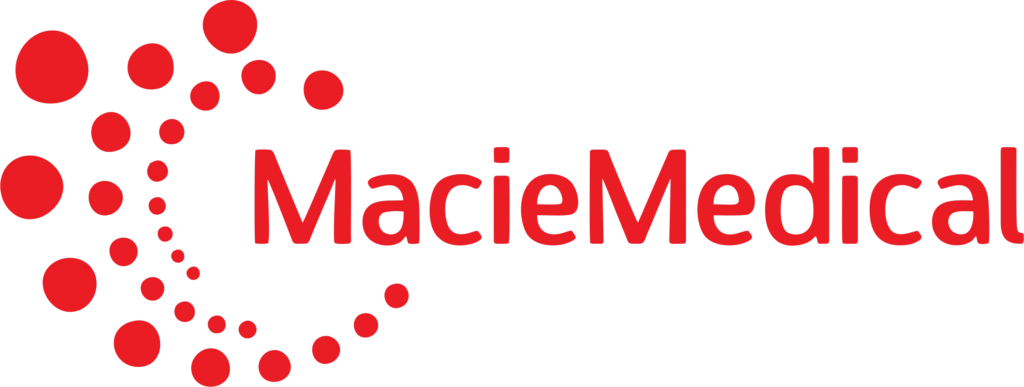Chronic diseases such as diabetes, hypertension, and asthma affect millions of people worldwide, placing a significant burden on healthcare systems. In primary care settings, effective chronic disease management is essential for improving patient outcomes, preventing complications, and reducing healthcare costs. This article explores best practices for managing these conditions, emphasizing early intervention, lifestyle modifications, and patient-centered care.
Table of Contents
ToggleThe Role of Primary Care in Chronic Disease Management
Primary care physicians (PCPs) are at the forefront of chronic disease care, providing early diagnosis, continuous monitoring, and personalized treatment plans. A well-structured chronic disease management approach in primary care includes:
- Early Detection and Diagnosis: Regular screenings and health assessments help identify chronic conditions at an early stage.
- Personalized Treatment Plans: Individualized care plans that include medication management, lifestyle changes, and regular follow-ups.
- Patient Education and Self-Management: Empowering patients to take control of their health through proper education and adherence to treatment plans.
- Collaboration with Specialists: Coordinated care with endocrinologists, cardiologists, and pulmonologists ensures comprehensive treatment.
Managing Diabetes in Primary Care
Diabetes management requires a multi-faceted approach that includes glucose monitoring, dietary control, and medication adherence. Primary care providers play a crucial role in:
- Blood Sugar Monitoring: Encouraging patients to track their glucose levels regularly.
- Nutritional Counseling: Educating patients on a low-glycemic diet and portion control.
- Medication Management: Prescribing oral hypoglycemics or insulin as needed.
- Lifestyle Modifications: Promoting exercise, weight management, and smoking cessation.
- Preventing Complications: Regular screenings for neuropathy, retinopathy, and kidney disease help prevent severe complications.
Hypertension Control
Hypertension, or high blood pressure, is a leading cause of heart disease and stroke. Effective blood pressure management in primary care includes:
- Regular Blood Pressure Checks: Early detection and continuous monitoring to keep BP levels within a healthy range.
- Medication Adherence: Ensuring patients take antihypertensive medications as prescribed.
- Dietary Recommendations: Encouraging the DASH (Dietary Approaches to Stop Hypertension) diet, which emphasizes fruits, vegetables, and low sodium intake.
- Exercise and Weight Control: Recommending at least 150 minutes of moderate exercise per week.
- Stress Management: Techniques such as meditation, deep breathing, and cognitive-behavioral therapy to reduce stress-related BP spikes.
Asthma Management in Primary Care
Asthma is a chronic respiratory condition that requires ongoing symptom control and prevention of exacerbations. Primary care strategies include:
- Identifying Triggers: Educating patients on avoiding allergens, smoke, and pollutants.
- Medication Management: Prescribing and monitoring inhalers (bronchodilators, corticosteroids).
- Peak Flow Monitoring: Teaching patients how to use a peak flow meter to detect early signs of worsening asthma.
- Personalized Action Plans: Developing an asthma action plan for patients to manage symptoms and emergencies.
- Vaccinations: Recommending flu and pneumonia vaccines to prevent respiratory infections that can trigger asthma attacks.
Importance of Lifestyle Modifications
For all chronic diseases, lifestyle changes play a crucial role in disease prevention and management. These include:
- Healthy Eating: Following a well-balanced diet with whole grains, lean proteins, and healthy fats.
- Physical Activity: Engaging in daily exercise tailored to individual capacity.
- Weight Management: Maintaining a healthy BMI to reduce the risk of complications.
- Smoking and Alcohol Cessation: Avoiding tobacco and excessive alcohol intake.
- Mental Health Support: Addressing stress, anxiety, and depression that often accompany chronic conditions.
Leveraging Technology in Chronic Disease Management
Advancements in healthcare technology have made chronic disease management more efficient. Telemedicine, mobile health apps, and wearable devices help patients and providers monitor conditions in real time. Key benefits include:
- Remote Monitoring: Patients can track blood pressure, blood sugar, and oxygen levels from home.
- Telehealth Consultations: Virtual visits allow for convenient follow-ups and medication adjustments.
- Patient Engagement Tools: Mobile apps provide medication reminders, lifestyle tips, and progress tracking.
Why Choose Macie Medical for Chronic Disease Management?
- Comprehensive primary care solutions for long-term disease control.
- Personalized patient education and lifestyle coaching.
- Convenient in-clinic and telemedicine visits for ongoing support.
- Coordinated care with specialists when needed.
Conclusion
Effective chronic disease management in primary care is vital for improving patient health and reducing the burden on healthcare systems. By combining early detection, lifestyle modifications, medication adherence, and technology, primary care providers can significantly enhance patient outcomes. A proactive approach to managing diabetes, hypertension, and asthma ensures better quality of life and long-term well-being for patients.




